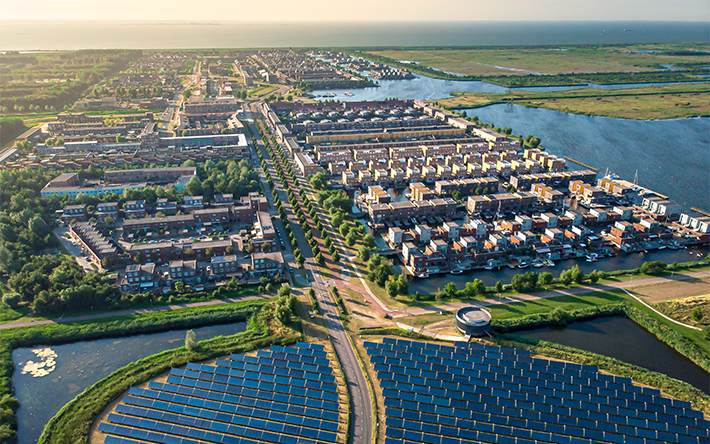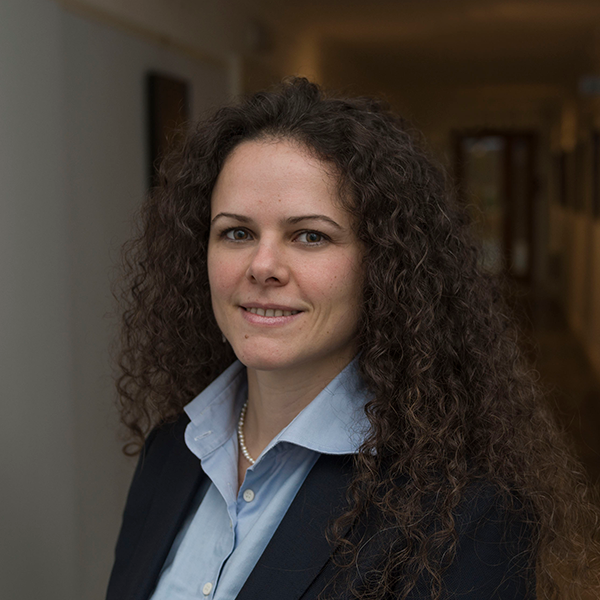
Promicanje socijalne kohezije i konvergencije
Promicanje socijalne kohezije i konvergencije jedna je od šest glavnih aktivnosti u programu rada Eurofounda za razdoblje 2021. – 2024. Eurofound će nastaviti djelovati kao centar stručnosti u pogledu praćenja i analize ključnih trendova i odrednica za postizanje uzlazne konvergencije u području životnih i radnih uvjeta te jačanje gospodarske i socijalne kohezije u EU-u. Pandemija bolesti COVID-19 donijela je dosad nezabilježene izazove za gospodarsku i socijalnu otpornost EU-a te je istaknula krhkost ostvarenog napretka u pogledu konvergencije.
Eurofound će tijekom sljedeće četiri godine pružati važan uvid u izazove i izglede u području socijalne kohezije i konvergencije u EU-u te će pomoći u osiguravanju toga da gospodarstva i društva država članica budu otporna na šokove u budućnosti. Eurofound će svoje djelovanje temeljiti na djelovanju u području uzlazne konvergencije iz prethodnih godina, a usmjerit će se na moguću pojavu novih nejednakosti među građanima i rješavanje sve većih poteškoća u ostvarivanju socijalne kohezije uzrokovanih krizom. Agencija će redovito izvješćivati o trendovima u području uzlazne konvergencije kad je riječ o društveno-gospodarskoj dimenziji te dimenzijama navedenima u europskom stupu socijalnih prava na razini država članica i na regionalnoj razini, pri čemu će podatke EU-a uspoređivati s podatcima drugih razvijenih zemalja.
U okviru istraživanja pokretača i posljedica gospodarske i socijalne konvergencije Eurofound će obratiti pozornost na niz čimbenika: socijalna ulaganja, okvire za mobilnost i institucionalne okvire, propise, sustave socijalne skrbi, kvalitetu institucija i javne usluge , socijalni dijalog i strukturne reforme. Istraživanjem će se ispitati djelotvornost odgovora EU-a na pandemiju u kontekstu gospodarske i socijalne konvergencije. Razmotrit će se i stanje u europodručju te će se posebna pozornost obratiti na utjecaj postupaka u okviru radnih odnosa na konvergenciju.
Eurofound će istražiti pokretače socijalne kohezije u Europskoj uniji i trendove u tom području, ponajprije tako što će ispitati kako je pandemija bolesti COVID-19 istaknula postojeće nejednakosti ili potaknula pojavu novih nejednakosti koje utječu na društvo u širem smislu ili na određene skupine građana. Analiza će biti usmjerena na gospodarske, socijalne i zdravstvene nejednakosti, i na tržištu rada i u pogledu pristupa ključnim proizvodima i uslugama kao što su zdravstvena zaštita , smještaj, obrazovanje i socijalna zaštita . Proučit će se veza između nejednakosti, povjerenja u institucije i nezadovoljstva. Druga područja od interesa uključuju migracije , integraciju i društvene napetosti.
Rezultati dobiveni na temelju aktivnosti istraživanja pridonijet će radu različitih službi Europske komisije, Odbora za zapošljavanje, Odbora za socijalnu zaštitu, Gospodarskog i financijskog odbora, Vijeća i Europskog parlamenta, među ostalim u vezi s europskim semestrom.
- Infografika: Promicanje socijalne kohezije i konvergencije u EU-u
Kriza uzrokovana bolešću COVID-19 vratila je koncept uzlazne konvergencije u središte političkih rasprava... Uzlazna konvergencija važna je za stabilnost Unije. Neispunjenje obećanja o uzlaznoj konvergenciji moglo bi ugroziti funkcioniranje Unije i stvoriti političko nezadovoljstvo projektom Europske unije.
Massimiliano Mascherini, voditelj Jedinice za socijalnu politiku

























